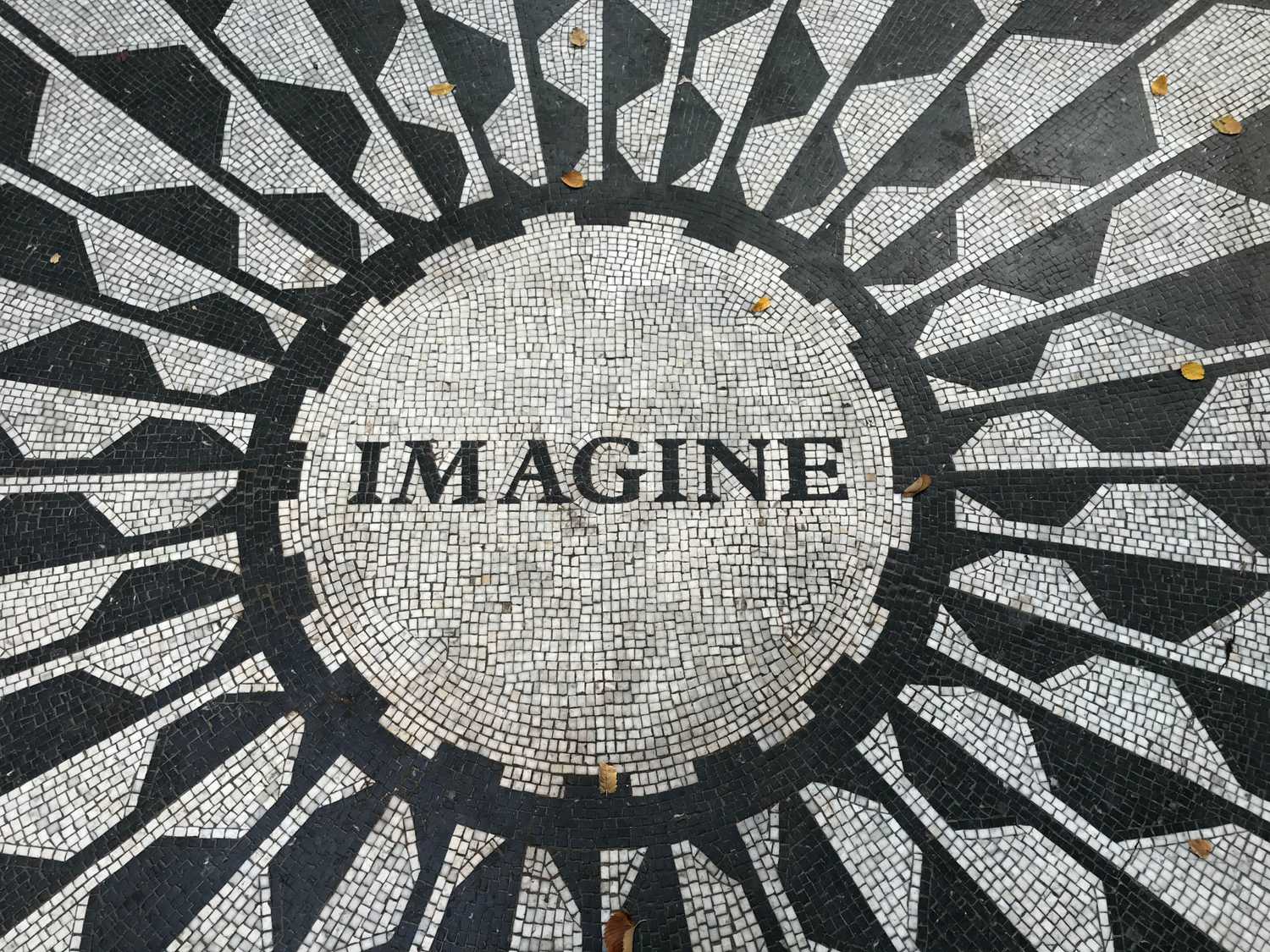This research project aims to understand how privileged entrepreneurs and actors, which are often part of the richest 1% of society, see their contributions to the transition of society and economy in the face of climate change and biodiversity decline. Given that the world will experience the wide-ranching consequences of climate change in the coming decades, regarding both physical impact and changes in regulation and economic practices aimed at mitigating this impact, this research is highly relevant.
With existing knowledge, practices, and assumptions increasingly questioned and/or turned upside down as a result, many are concerned about how the transition will affect their lives and that of their offspring. At the same time, concerns about climate change have set in motion constructive energies towards a rethinking of how to best develop a resilient society and economy. Wealthy entrepreneurs may play a particularly important role in the further development of these positive endeavours given their connections, funding, ownership of, and influence in, companies, etc. Various (philanthropical) initiatives, for example, illustrate that a range of wealthy actors already actively contribute to the transition. However, the wealthiest parts of society also receive significant critique, for example about their carbon footprint.
And yet, research that directly engages with privileged entrepreneurs/actors, their perspectives and activities in the context of these changes is rare. There hardly are any qualitative analyses that start from the visions and experiences of the 1%. To better understand the directions, dynamics, and opportunities of the ongoing climate change-induced transition, though, such explicit engagement appears essential.
To fill the gap, I will discuss with entrepreneurs and other actors belonging to the richest parts of society how they (ideally) see their contributions and roles, what long-term visions they have about the directions of society and economy, and what collaborations they consider essential to materialise their visions. But also, what do they believe are the hurdles that need to be overcome and how do they interpret societal concerns about their carbon footprint?
Building upon my long track-record of studying (wealthy) elite actors in the context of major transitions and their interactions with society, this project is expected to generate relevant insights regarding the involvement of the 1% in the transition. Simultaneously, the research will provide opportunities for entrepreneurs to (anonymously) reflect upon their thoughts, concerns, and contributions regarding the societal and economic consequences of climate change and loss of biodiversity. Following from this, the project is expected to equally provide insights into ways in which various groups in society may collaborate in shaping the transition.
Photo by Jeremy Beck on Unsplash
